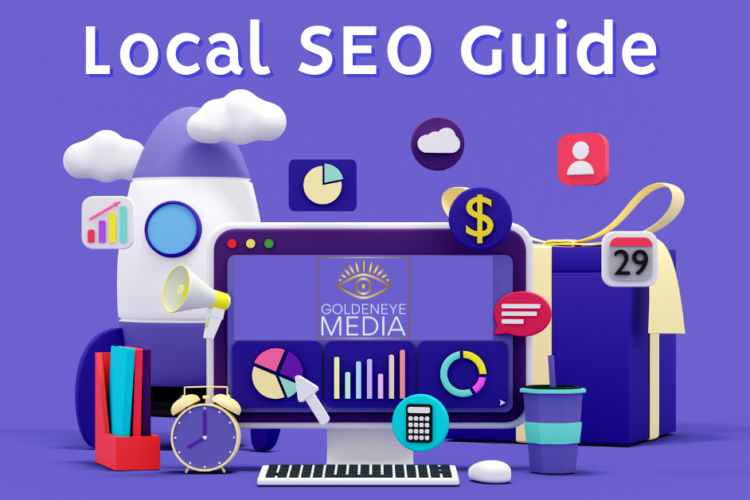
For some publishers, transitioning from a print-only publication to a digital platform has been a daunting task. SEO for publishers has become a crucial aspect of online success. It’s not just about getting your content out there. It’s about ensuring your content is seen by the right audience. This is where search engine optimization comes in.
SEO can significantly improve your search engine rankings. This leads to enhanced online visibility, which is vital for any publisher. But the benefits don’t stop there. Effective SEO can also increase ad impressions, leading to increased ad revenue.
This article will provide actionable SEO strategies tailored for publishers. Whether you’re a digital publisher, content creator, or a marketing professional in the publishing industry, you’ll find these insights valuable.
Our goal is to help you understand and implement SEO best practices. This will enable you to rank higher in search results and achieve your online goals.
Understanding the Importance of SEO for Publishers
In today’s digital landscape, publishers face stiff competition. There’s a constant battle to capture the attention of online users. SEO plays a pivotal role in this battle.
By optimizing your website for search engines, you can improve your visibility in search results. This leads to more traffic, more ad impressions, and ultimately, more revenue. SEO is not just a nice-to-have, but a must-have for publishers who want to thrive online.

Key SEO Strategies for Publishers
To rank higher in search engine results, publishers need to implement a range of SEO strategies. These strategies are designed to improve online visibility and increase ad impressions. Let’s delve into some of these key strategies.
Conducting Effective Keyword Research
Keyword research is the foundation of SEO. It involves identifying the words and phrases that your target audience uses when searching for content.
- Use keyword research tools to find relevant keywords.
- Look for keywords with high search volume and low competition.
- Consider the intent behind the keywords.
- Don’t forget about long-tail keywords, which are more specific and often less competitive.
By targeting the right keywords, you can attract more qualified traffic to your site.
Crafting High-Quality, Original Content
Content is king in the world of SEO. High-quality, original content is more likely to rank higher in search engine results.
Your content should provide value to your readers. It should be informative, engaging, and relevant to your audience.
Avoid duplicate content as it can harm your SEO. Instead, strive to create unique content that stands out from the crowd.
Remember, your content is not just for search engines. It’s for your readers too.
On-Page Optimization Essentials
On-page optimization involves optimizing individual webpages to rank higher in search engines.
- Title tags should be descriptive and contain your target keywords.
- Meta descriptions should provide a concise summary of your content.
- Headers (H1, H2, H3, etc.) should be used to structure your content and include keywords.
These elements not only help search engines understand your content, but also improve user experience.
The Role of a Mobile-Friendly Website
More people are using mobile devices to access the internet. Therefore, having a mobile-friendly website is crucial for SEO.
A mobile-friendly website improves user experience. It makes it easier for visitors to navigate your site and consume your content.
Google also uses mobile-friendliness as a ranking factor. So, if your site isn’t mobile-friendly, it could hurt your search engine rankings.

Enhancing Site Speed and User Experience
Site speed is another important factor for SEO. A slow-loading website can frustrate users and lead to higher bounce rates.
- Use tools to test your site speed.
- Optimize your images and other media files.
- Minimize the use of heavy scripts and plugins.
Improving site speed not only enhances user experience but also boosts your search engine rankings.
Leveraging Internal and External Linking
Internal and external linking can significantly boost your SEO.
Internal links connect your content and give Google an idea of the structure of your website. They can help spread link equity around your site.
External links, on the other hand, give your content more credibility. They show that your content is backed up by other authoritative sources.

Utilizing Social Media and Multimedia Content
Social media can play a role in your SEO strategy. While social signals are not a direct ranking factor, they can help increase your online visibility.
- Share your content on social media to reach a wider audience.
- Encourage your followers to share your content.
- Engage with your audience on social media.
Multimedia content, such as images and videos, can also enhance your SEO. They can make your content more engaging and shareable.
Regular Content Updates and Website Maintenance
Regularly updating your content can help improve your SEO. Fresh content is more likely to rank higher in search engine results.
Website maintenance is also crucial. Broken links, outdated content, and technical issues can harm your SEO. Regularly check your website for any issues and fix them promptly.
Remember, SEO is not a one-time task. It requires ongoing effort and maintenance.
Measuring and Analyzing SEO Success
Measuring and analyzing your SEO efforts is crucial. It helps you understand what’s working and what’s not.
Use tools like Google Analytics and Google Search Console. They provide valuable insights into your website’s performance. This data can guide your SEO strategy and help you make informed decisions.

Conclusion: The Continuous Evolution of SEO for Publishers
SEO for publishers is a continuous journey, not a destination. It requires constant learning, testing, and adapting to changes.
Stay updated with the latest SEO trends and algorithm updates. This will ensure your publishing website remains competitive and continues to grow in visibility and revenue.




